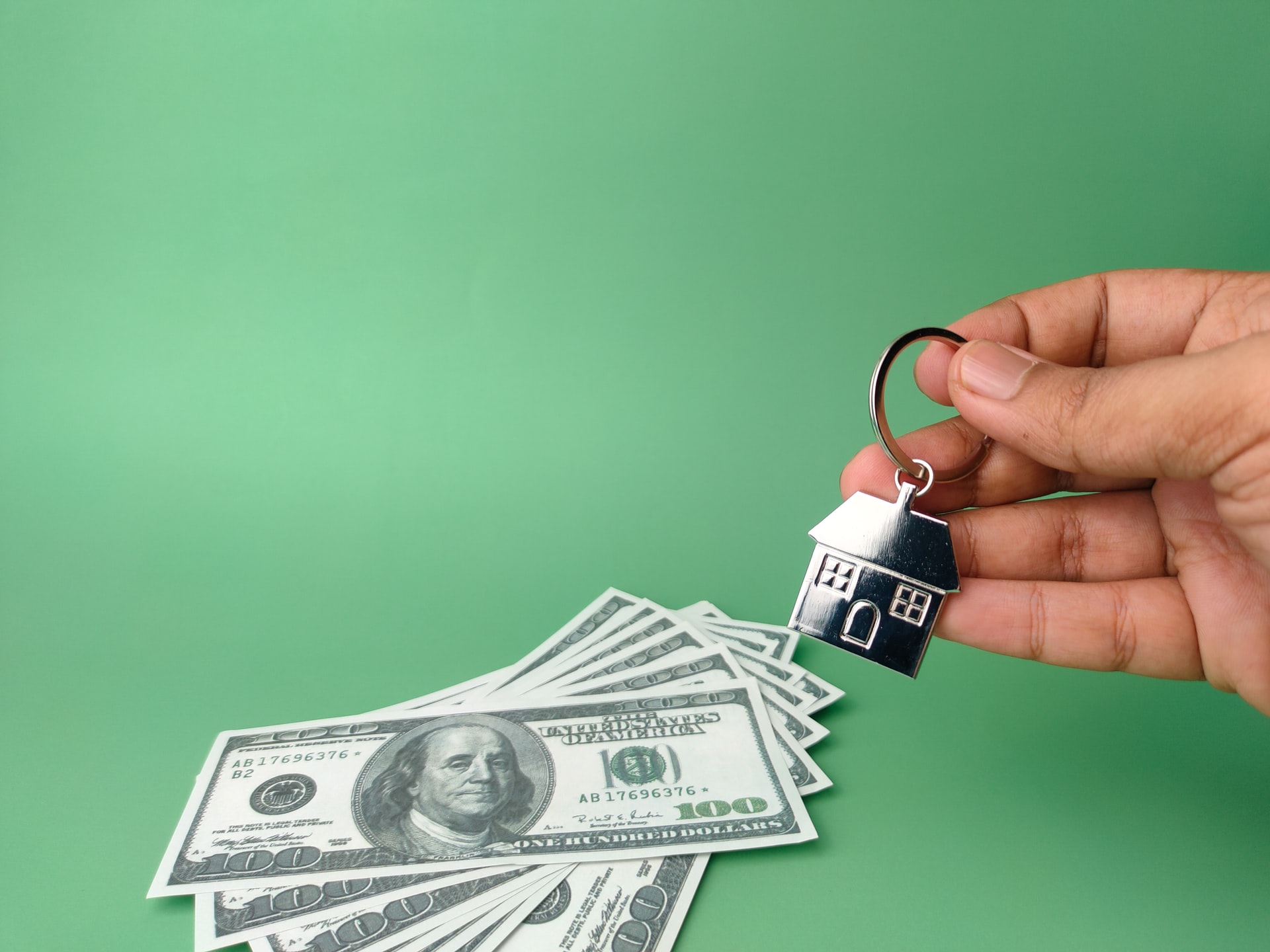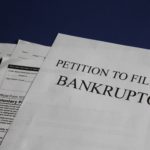While you legally can buy a house soon after a debt settlement, it’s not the right move for everyone, and you don’t want to go from one financial hardship to another. However, many people want to become homeowners for the equity, neighborhood, and other perks. We’ll provide some insights for people looking to buy a house after debt settlement.
What Is a Debt Settlement Program?
A debt settlement program is when you pay off a debt with a lower payment plan. Borrowers can’t keep up with monthly payments, and the lender doesn’t want the borrower to declare bankruptcy. Debt settlement helps a lender cut losses and move on from the loan. It also helps the borrower reduce and resolve debt.
Debt settlement is a complicated process. Not every lender will agree to settle, and you’ll have to negotiate a settlement that works for both of you. A debt specialist could help you reach a settlement and lower your debt. Debt Relief Companies offer free consultations to people hoping to shave off some of their deficits. You can answer a few simple questions on their form to request a free consultation with a certified Debt Consultant.
A debt settlement may not wipe out all of your debt. Only some lenders may agree to a settlement, leaving you on the hook for other loans. Even some debt getting resolved strengthens your foundation and makes other obligations feel more doable. It’s important to continue paying those obligations instead of waiting for a debt settlement. Not every creditor will agree to a settlement, and you will continue accumulating interest and late fees on existing loans.
What Typically Happens After you Settle a Debt?
You will have fewer obligations after settling a debt, but debt from other lenders will remain intact. As a result, your credit score will take a hit, impacting your ability to get loans in the future. A debt settlement remains on your credit history for seven years. You can raise your credit after a debt settlement, but getting lines of credit is more challenging. If you still have a credit card, use it to buy everyday items and pay it back on time.
Consumers without credit cards can resort to secured credit cards. The aspiring cardholder must deposit funds into a credit card before getting approved. Their deposit becomes the credit card’s balance. Paying with credit cards is better than paying with cash because credit card payment history gets reported to the major credit bureaus. After a debt settlement, the main goals for most consumers are raising credit and getting back on their feet.
How Long After a Debt Settlement Can You Buy a House?
While a debt settlement stays on your record for seven years, you may not have to wait that long to buy a house. Lenders will work with you if they feel confident about your ability to make monthly payments. Purchasing a home immediately after a debt settlement isn’t the best move. Most lenders won’t want to work with you immediately after a debt settlement. Settlements indicate difficulty with managing financial obligations, and lenders want as little risk as possible. However, you can save enough money and buy a new home in a few years with the right planning.
Tips to Buy a Home After Debt Settlement
Aspiring home buyers with a recent debt settlement have to take a long-term approach toward homeownership. These tips will help you achieve homeownership sooner than anticipated, even if you recently had a debt settlement.
- Start Saving For a Healthy Down Payment: Lenders will require a down payment for the property. Making a larger down payment will help with your application. Receiving more money upfront decreases a lender’s risk. A low credit score gives you less flexibility for a low down payment. Check the selling prices of homes in your desired area. Strive to save up enough money to make a 20% down payment. Some aspiring home buyers create a separate savings account for their down payment funds to distinguish them from other costs.
- Cut Unnecessary Spending: Opportunity cost reflects that we can only use the same dollar once. If you spend $20 on a subscription, you can’t use that same $20 for a down payment. Cutting unnecessary spending makes it easier to pay off the remaining debt. Repaying other obligations will put you in a better position when asking for a mortgage.
- Improve Your Credit: Lenders assess your credit score before approving your mortgage application. A higher credit score also translates into lower interest rates. Paying existing debts on time and lowering your credit utilization ratio are the best ways to improve your score. These two categories make up 65% of your total credit score.
- Improve Your Debt To Income Ratio: The debt to income ratio measures how much of your income goes towards debt. A high ratio suggests every dollar you make goes towards debt obligations, giving you little room for additional loans. Lenders will review this ratio before providing you with a mortgage loan. Aspiring homeowners should get their debt-to-income ratio below 43% before approaching lenders. Further lowering this ratio will give you more leverage. You can improve your debt to income ratio by paying off loans and increasing your income. Some home buyers pick up a side hustle to make extra cash and improve their ratio.
Get Help with Your Debt Relief
A debt settlement reduces some debt from your finances. The remaining debts will feel more manageable. A debt settlement helps you avoid bankruptcy. Although a debt settlement hurts your credit score, bankruptcy can negatively impact your credit score and finances.







